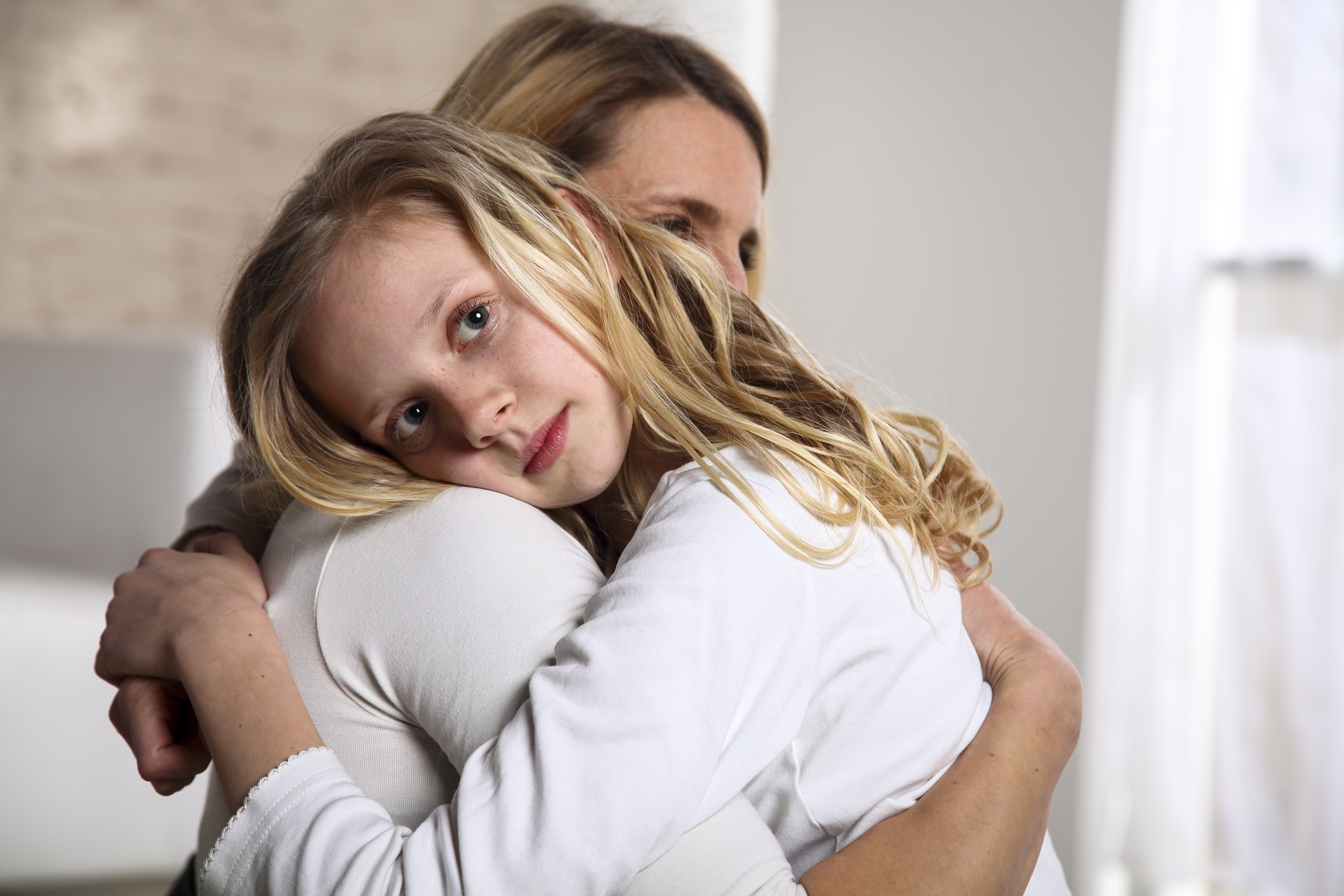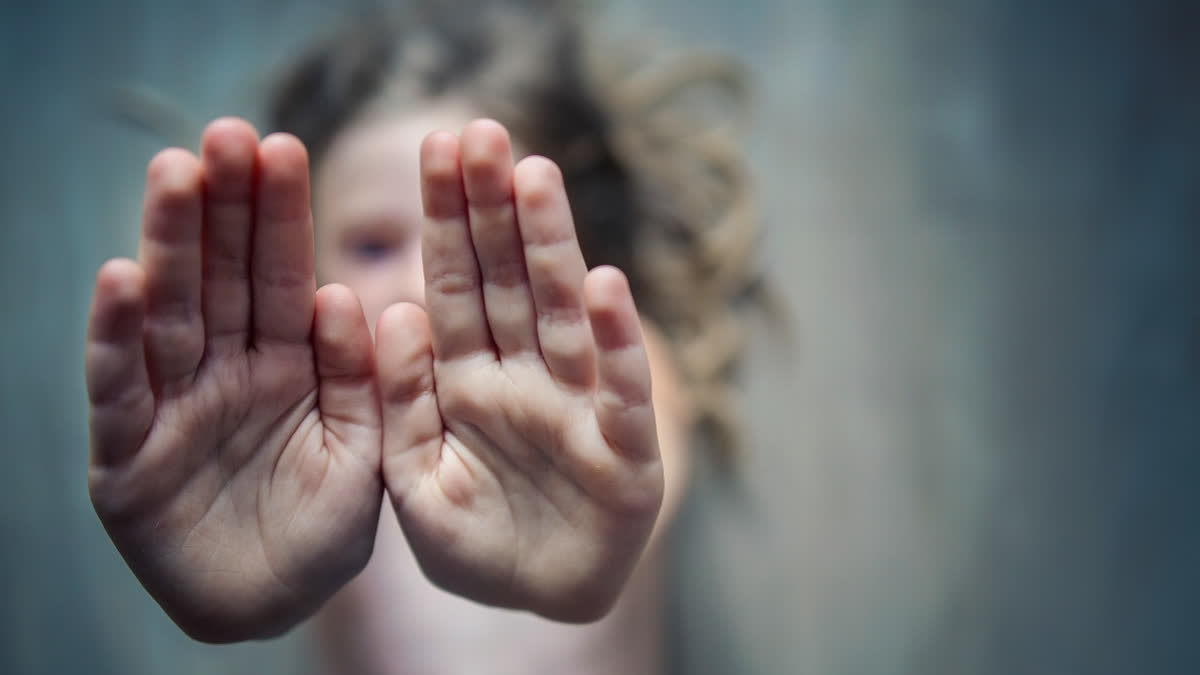After the launch of his autobiography Tumhari Aukar Kya Hai Piyush Mishra, actor, singer, and writer Piyush Mishra opened up about being molested when he was in seventh standard, the Gulaal actor referred to an incident in his book and said that although it happened 50 years ago, it left a deep impact on his life. It took him long to come out of that trauma.
“Sex is such a healthy thing that your first encounter with it should be good, otherwise it scars you for life, it disturbs you for life. That sexual assault gave me complexity throughout my life and it took me a long time and several partners to come out of it. I wanted to hide the identity of some people. Some are women, and some are men who are now well-established in the film industry. I did not want to take revenge against anybody, or to hurt anyone," the actor said in an interview with PTI.
In another event, Hollywood actor Matthew McConaughey opened up about being molested as a teenager and how the incident left him in guilt for many years. In his memoir Greenlights, the 55-year-old actor spoke about a haunting experience of losing virginity at 15 and how he thought premarital sex was a sin. "I was blackmailed into having sex for the first time when I was fifteen. I was certain I was going to hell for the premarital sex. Today, I am merely certain that I hope that’s not the case,” he wrote in his memoir. Further narrating an event he also wrote in his book that he was molested by a man when he was eighteen while unconscious in the back of a van. "These two negative memories make me feel like a victim," the Interstellar actor had said.
Scars from the past
Back home, Bollywood celebs such as Akshay Kumar, Kalki Koechlin, Sonam Kapoor Ahuja, musician Anoushka Shankar, Anurah Kashyam and most recently Aamir Khan's daughter Ira Khan have spoken about their uncomfortable experiences while growing up.
The baffling experiences, sometimes sexual abuse or molestation, are unpleasant and leave the person with horrifying memories for the rest of their life. It takes a tremendous amount of courage from a sexual abuse survivour to open up about their ordeal and work at getting over it and letting that daunting past go. Yet, it is perfectly acceptable and understandable why some just go on living with it.
November 18, marks the World Day for the Prevention of and Healing from Child Sexual Exploitation, Abuse and Violence. However, unfortunately, no matter how many days we mark to ameliorate the situation, and laws are put in place, such cases are rising in India and abroad. Fortunately, family members can help navigate the situation sensibly.
Don't be silent
As per a report by National Crime Records Bureau (NCRB), the total number of child pornography/rape and gang rape complaints lodged in the National Cybercrime Reporting Portal (NCRP) from September 18, 2020, to April 30, 2024, is 1.94 lakh, which was 13,244 in November 2020. While astonishing numbers could be shocking, it is important to note that double the numbers don't get reported in most cases. It could be because of some abuse that the child didn't understand and in some cases, parents ask the child to stay quiet to preserve their reputation.
Cyber psychologist, psychotherapist, and parenting coach, Nirali Bhatia agrees that most children are asked to stay mum about their sexual abuse events. "In most cases, when the abuser is an unknown person, parents talk about it but when the molester is a family member they hide it completely to avoid conflicts," says Bhatia. Shockingly too, Bhatia adds that in most cases the abuser is a family member who has molested the child. "In the worst cases, parents don't even realise that their child is getting molested. They think it is the person's way of expressing their affection toward the child," adds the psychotherapist.
You are not alone!
Surprisingly, while one may think it is something not to be spoken about, childhood trauma keeps on haunting the person their entire life. Shalini Singh, a happily married 39-year-old woman, shares that she still feels scared recalling the experience she went through at the age of 15. "I was very much protected in the house. I was never allowed to go for night-outs at my friends' house. There was very limited access to relatives at home, but the perpetrator was from home. He was my mama who would make advances at me when I was asleep. I would sense his hands going to my different parts but I would pretend to be asleep. I don't understand why I would do that," says Singh. "I never understood what was happening and I still feel bad thinking about it. I still interact with the person as he is family. I never told anything to my parents untill a few years back when I told my mother about him. Later, I realised he was not alone. Many people made inappropriate advances. Those multiple experiences have made me so detached from physical intimacy. Even after marriage, I am not too open about it, although my husband understands it," says Singh.
Vayjanta Deshmukh is a 56-year-old woman in Pune. She still shudders at the thought of one of her uncles who not only molested her but also physically abused her. "Initially when I got married, I would get scared if my husband would come close to me. It took me more than six months to accept intimacy with him. I am still not comfortable talking about it because I grew up seeing that man around me and no one did anything. I told my mother but she asked me to not to tell anyone. I wish my mother had supported me then, I would have different relation with my husband. The incident has only made me more possessive about my two daughters, who also feel controlled because I have the same fear for them," shares Deshmukh.
While it is natural to believe that women are more prone to such abuses, men, too, are victims of these predators. USA-based 37-year-old Shubham Gupta shares that he still doesn't use the word ‘butt’, as it reminds him of the incident he went through as a 14-year-old boy. “I used to go to tennis classes and my coach used to touch me inappropriately. Whether I was playing good or bad, he would come and hit me on my bottoms with his hands and slide them through. It wasn't a normal hit, the way a teacher would hit. It was uncomfortable. I stopped going to the classes after I told my parents. My father understood that. After many years, he shared that he understood what I went through as he too was at the receiving hand of such molestation when he was a child," says Gupta.

Open up!
Physical abuse such as a bruise under eye, could create as much shock as the physical pain, knowing that the mark will remain on the body. On the other hand, child abuse or molestation may not leave those apparent signs on the victim's body. The scars left by those abuses are more emotional and long-lasting, sometimes, the victim never comes out of it. It also impacts the victim's relationship with the self and others in future.
Some of the cases, Bhatia highlights where parents also have their scars from their childhood and when they come for their child they break down recalling the incidents. "Sadly, these things don't go anywhere. They remain in a person's subconscious and when there's a trigger, it surfaces. So it is best to talk about it at the initial stage," she suggests.
Clinical psychologist Dr Monica Sharma stresses that parents should not ignore these events in their child's life. They should speak up. "Regardless of the type of abuse, the result is serious emotional trauma. Most of the time children don't even understand that they are being molested. It is because they don't have awareness about it. Parents don't talk to them. We have a kind of reservation when it comes to talking about these issues with children. There's very little or no information passing between parents and children," says Dr Sharma.
She also suggests that parents should educate themselves and teach their children about good and bad touch. "Parents also need to build trust in their children so that they can speak when something is not right. They should have the confidence that they are not judged by their parents when they share something very daunting. Parents must trust their children when they say something and take appropriate action," says Dr Sharma.

Don't cut to the chase
In the last ten years, several schools across the country have started conducting educational programmes to educate children about good and bad touch. Clinical Psychiatrist and the founder of The Freemind Initiative, Alpes Panchal suggests that parents also need to educate themselves and be innovative to communicate it to children in the right way. "At times, it may be a task for parents to teach anything to children as they may be at a rebellious age. So the information passed on to them needs to be friendly. They may use video clips or games to impart the knowledge." says Dr Panchal.
Dr Sharma suggests that giving the right reason for certain knowledge is also important. For instance, many parents in Delhi and Mumbai have installed cameras in their children's cars so they know that their kids are safe. Dr Sharma says this concern can also be taken as "being watched" all the time by the child. "It is important to ensure the child feels safe. Open communication is important. Parents might want to tell their children about their intentions which is reasonably convincing. Trust is the only way to navigate these sensitive situations," states Dr. Sharma matter-of-factly.
Read More:



